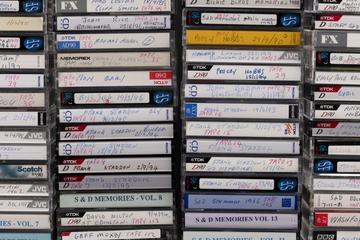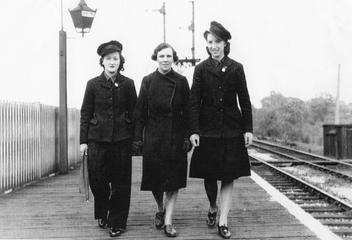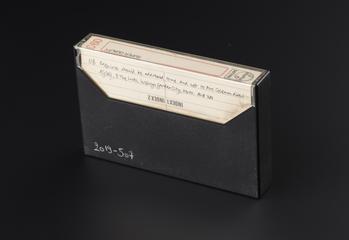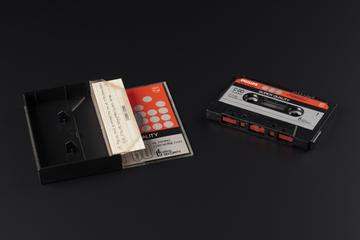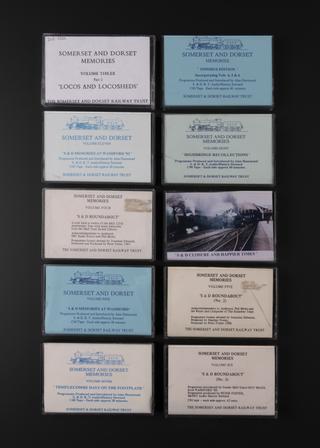
John Ellis interviewed by Christopher Mew
- Made:
- 2018-03-16 in Gloucestershire
- maker:
- Christopher Frank Mew
Oral history interview with John Ellis, conducted and recorded by Christopher Mew at the interviewee's home in Gloucestershire on 16 March 2018. Duration: 53 min. 33 sec. Early career; Railtrack share floatation; involvement with privatisation; track access agreements; legal matters during Scotrail management buyout (MBO) process; explaining effects of privatisation to staff in Scotland; relationship between train operating companies (TOC) and outsourced engineering; Railtrack; Network Rail culture; better integration between infrastructure and TOCs; strength of personal interfaces; formalisation of safety management; effect of privatisation on staffing; recruitment changes; lost knowledge; rights of joint users of network; government support for TOCs; rolling stock companies (ROSCOs) success; freight and passenger train path balance; comparison of work before and after privatisation; TOCs and Network Rail relationships; lack of understanding over legislative safeguards; government involvement in industry after privatisation
One of over 150 oral history recordings made as part of the Britain’s Railways All Change (BRAC) archive project. BRAC was set-up to cover gaps in documenting the railway privatisation process in the United Kingdom, between 1994 and 1997, when the government-owned British Rail was dismantled into over 100 privately-owned companies. The interviews capture the recollections of people involved in the planning and implementation of the privatisation process, the management of change and running the railway during privatisation.
Details
- Category:
- Oral Histories
- Collection:
- Britain's Railways All Change
- Object Number:
- 2020-349
- type:
- oral history interview
- copyright:
- Science Museum Group
- credit:
- Britain's Railways All Change (BRAC) oral history archive, created in partnership with the Friends of the National Railway Museum, the Retired Railway Officers' Society and the National Railway Museum.
